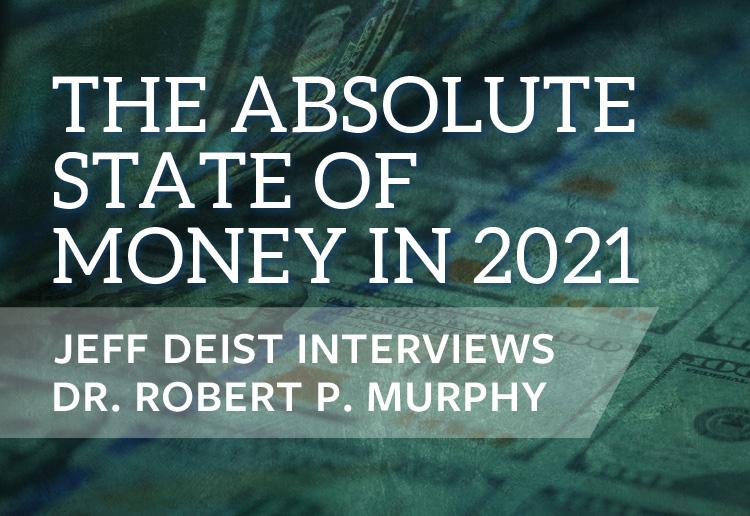If you’re new here, you may want to subscribe to my RSS feed. Thanks for visiting!
(Psst: The FTC wants me to remind you that this website contains affiliate links. That means if you make a purchase from a link you click on, I might receive a small commission. This does not increase the price you’ll pay for that item nor does it decrease the awesomeness of the item. ~ Daisy)
by Jeff Thompson
For those who may not know, (and those who do) here is a primer on The Great Reset.
Buckle your seat belts for this one because it’s more chilling than any horror movie you’ve ever seen. You’ve heard your “crazy” friend at work bring it up in conversation. Perhaps you heard it briefly mentioned on TV the other day. And now you’re left wondering, “Just what on earth is The Great Reset?”
Meet the World Economic Forum (WEF)
You’ve heard of the WEF before. They’ve been in the news quite a bit for the past year or so. The reason? The Great Reset initiative. It is there that a man by the name of Klaus Schwabb runs the show. Schwabb founded the WEF and is one of the most powerful men in the world.
Each year the World Economic Forum hosts an event at a ski resort in the mountains of Switzerland where “the self-proclaimed global elite” meet to discuss global problems they can all work together to “fix.”
Generally, WEF invites 1500 people from roughly 70 countries to attend. All the attendees play major roles in various sectors of society, with a large portion of those invited being major players in the worlds of politics and business.
In 2020, Schwabb released a book titled COVID-19: The Great Reset, in which he lays out his plans for what he believes needs to happen next.
Now, let’s talk about Agendas
First, you need to understand one thing: the World Economic Forum and the United Nations march together hand in hand. In short, they’re two sides of the same coin.
The United Nations previously announced two separate agendas eerily similar to The Great Reset that contain many of the same components. These two UN agendas, Agenda 21 and Agenda 2030, include plans for what needs to happen on earth by 2021 and 2030 (there’s also an Agenda 2050, by the way).
Agenda 2030 has publicly stated goals of promoting racial and gender equality, eradicating global poverty, and abolishing violence, hate, and war from the globe. It also states it will reduce natural resource use in every country and reduce greenhouse gas emissions in every industrialized country.
And how do you suppose Agenda 2030 would accomplish those goals?
Suppose you’re a lumberjack. A global organization has just stated you’re no longer permitted to cut down trees to “reduce natural resource use.” You’re now out of a job and can’t afford to feed your newborn daughter.
Or, let’s say you’re a farmer. A global organization…
Continue reading









